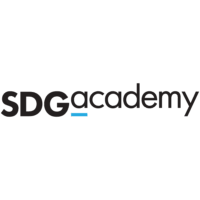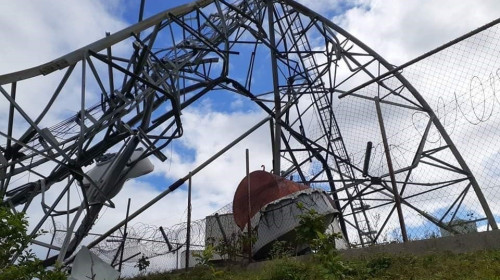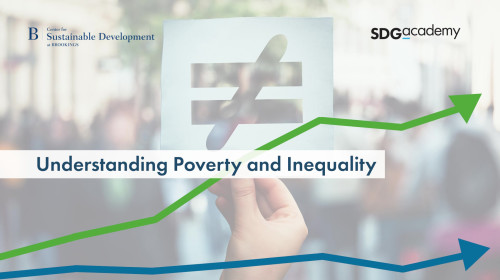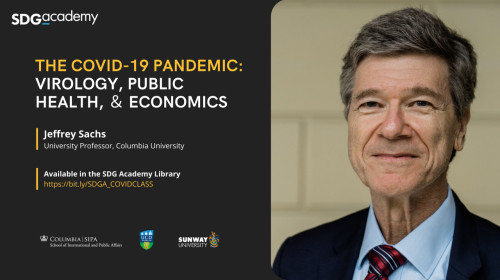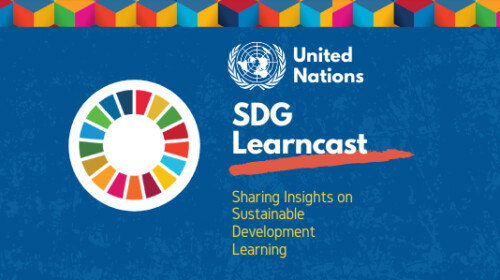Despite the economic growth that followed the Industrial Revolution, the world of labor has resulted in various consequences, intensifying global inequality. Across the world, 152 million children are working in full-time jobs, 170 million people are unemployed, according to the International Labor Organization (ILO), and many of those who are employed do not earn a living wage. Women are more likely to be working in the informal economy and in jobs that lack the qualifications to be decent work, as defined in Sustainable Development Goal (SDG) 8. Increased economic inequality has negative impacts on the environment, society, and cultures.
This course covers the past, present, and future of labor and gives solutions to the vast inequality caused by it. The instruction focuses on multiple elements of labor: policy, history, and economics. This course delves into the challenges to achieving SDG 8, including child labor, gender discrimination, poverty, slavery, trafficking, and informality and future issues that may threaten SDG 8, including artificial intelligence and automation.
Transcript available in: English
Download SyllabusTarget Audience
Undergraduate and graduate students in economics, finance, and development, policymakers, and development practitioners.
Learning Objectives
To understand the relationship between employment, work, income, and wealth and the issues that gender discrimination, informal work, and child labor pose to accomplishing the SDGs and to provide models for the future of work regarding both ethics and artificial intelligence.

